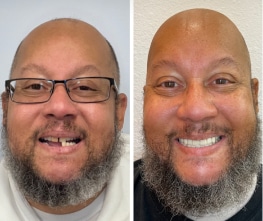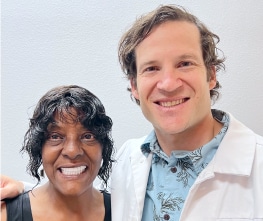Dental Bone Graft in Monument, CO
what are the Benefits of Bone Grafts?
Dental bone grafts are used to augment or regenerate bone tissue in areas where there is insufficient bone volume.
- Restoring Bone Volume
- Implant Success
- Preserving Facial Structure
- Enhanced Denture Stability
- Reconstructive Procedures

4.9/5
What is a Dental bone Graft?
Bone grafts are performed when a patient loses a significant amount of bone mass in the upper or lower jaws. This loss occurs after teeth have been missing for years. The body naturally reduces the bone in the area of the missing teeth because it is no longer receiving the same amount of stimulus.
But when this bone thins down, it may not be possible to place dental implants. Dentures may not be comfortable either, when the bony ridges of the jaw become thinner. In this case, we perform an alveoloplasty, a surgical procedure to reshape the gums and jaws to prepare the patient for dentures or implants.
By performing bone grafts, we help our patients receive dental services that would otherwise be unavailable to them.
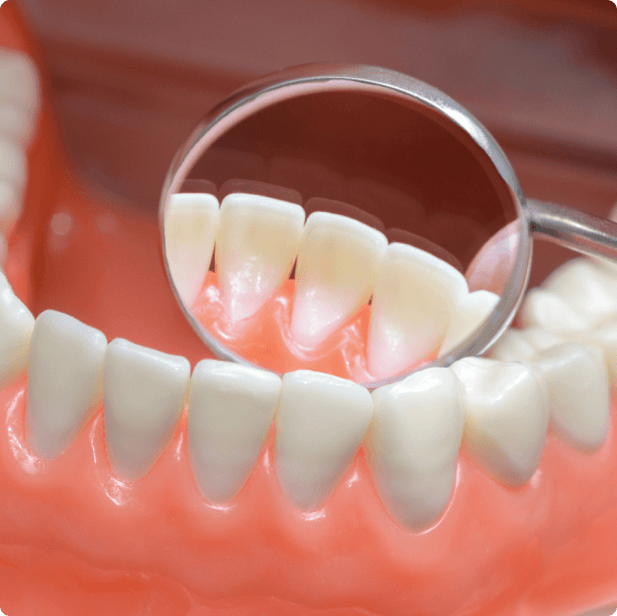
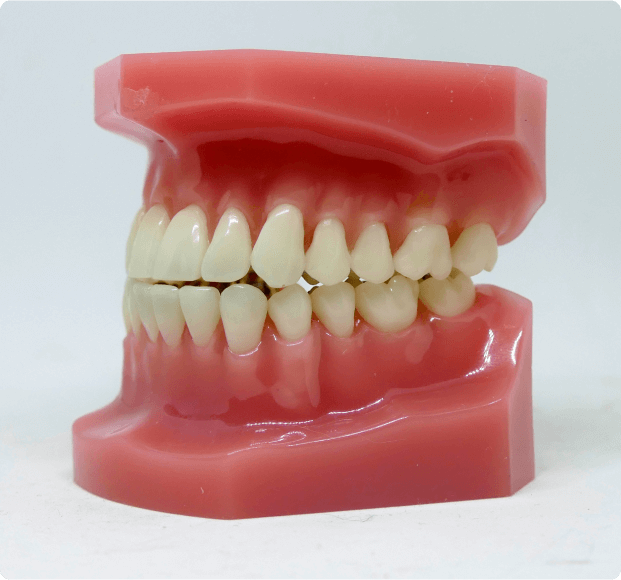
Procedure For a Bone Graft
When preparing for bone grafting surgery, your dentist will start by capturing 3D images of your mouth to facilitate the planning process. Subsequently, a local anesthetic will be administered to numb your mouth, ensuring a painless experience during the surgery.
Bone grafting is a minor procedure that typically does not necessitate an overnight hospital stay. Prior to the dental procedure, the affected area will be numbed. Then, the graft, which may be composed of synthetic material or your own bone, will be inserted into the designated space.
The purpose of the bone graft is to provide structural support to your jaw.
Weakened bone can lead to bite changes and misalignment. By restoring strength and functionality to the weakened bone structure, a bone graft can address these issues effectively.
Download our Dental Implant Pricing & Information Guide
Fill out the form below and we will email/text you the guide along with $300 savings offer!
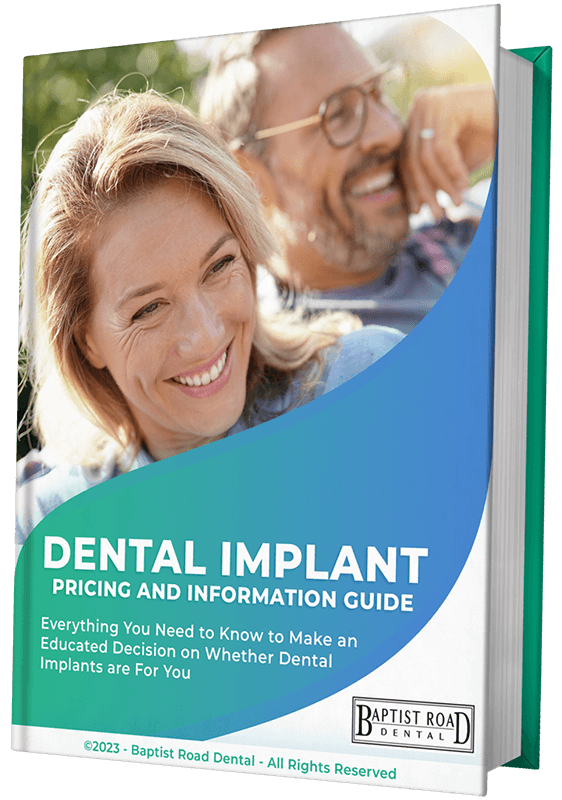
The Guide Will Show You
- Dental Implant Options
- Average Pricing
- Factors That Affect Eligibility
- And More!
Download our Dental Implant Pricing & Information Guide
Fill out the form below and we will email/text you the guide along with $300 savings offer!
What Happens After a Bone Graft?
Following a bone graft procedure, it is common to experience some pain or discomfort. To assist in managing any discomfort, your dentist may prescribe pain relievers. It is crucial to adhere to your dentist’s instructions and take the prescribed medications as directed.
To safeguard the integrity of the bone graft, our Dentist in Monument, CO may provide recommendations to avoid certain activities, such as biting down on hard foods. Additionally, we would advise following a soft food diet for a few weeks to minimize any potential strain on the graft site and promote proper healing.

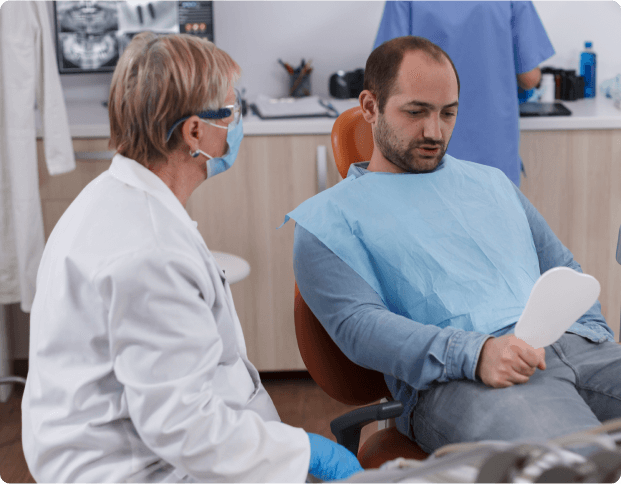
How Long Does a Bone Graft Last?
The duration of a bone graft’s effectiveness primarily relies on the specific type of graft employed. A properly placed and healed bone graft has the potential to last a lifetime.
However, it is essential to acknowledge that once a tooth is lost, the underlying bone that previously supported it undergoes a process of resorption. As a result, the bone does not regenerate or fully grow back. This phenomenon emphasizes the significance of timely dental interventions to prevent further bone loss and maintain oral health.
Bone Graft FAQs
What is a dental bone graft?
A dental bone graft is a surgical procedure in which bone tissue, either from your own body or a synthetic source, is transplanted to replace or regenerate bone in the jaw that has been lost or damaged.
Why might I need a dental bone graft?
You may require a dental bone graft if you have experienced bone loss in the jaw due to factors such as tooth extraction, gum disease, or facial trauma. It provides a foundation for dental implants or helps restore the structure and function of the jawbone.
How is a dental bone graft performed?
During the procedure, the surgeon will make a small incision in the gums and place the bone graft material in the targeted area. The graft may be secured with screws, plates, or membranes to promote proper healing and integration with the existing bone.
Is a dental bone graft painful?
The procedure itself is performed under anesthesia, so you should not experience any pain during the surgery. Afterward, you may experience some discomfort, which can be managed with prescribed pain medication.
How long does it take for a dental bone graft to heal?
The healing time can vary depending on the extent of the graft and individual healing abilities. In general, it can take several months for the graft to fully integrate and for the new bone to form.
Are dental bone grafts successful?
Dental bone grafts have a high success rate. The success depends on various factors, including the patient’s overall health, oral hygiene, and adherence to post-operative care instructions.
Are dental bone grafts successful?
Dental bone grafts have a high success rate. The success depends on various factors, including the patient’s overall health, oral hygiene, and adherence to post-operative care instructions.
Are there any risks or complications associated with dental bone grafts?
Like any surgical procedure, there are potential risks and complications, although they are relatively rare. These may include infection, graft failure, nerve damage, or sinus complications. Your dentist or oral surgeon will discuss these risks with you before the procedure.
Can anyone get a dental bone graft?
In most cases, individuals who have sufficient overall health and bone density can undergo a dental bone graft. However, each case is unique, and a thorough evaluation by a dental professional is necessary to determine suitability.
How long do the results of a dental bone graft last?
With proper care and maintenance, the results of a dental bone graft can be long-lasting. However, maintaining good oral hygiene, regular dental visits, and following any specific instructions from your dentist are crucial for preserving the results over the long term.
Meet our Doctors
Let us help you maintain your perfect smile

Dr. Scott R. Hill
Dr. Scott Hill completed his bachelor’s degree at Utah State University and then received his Doctor of Dental Medicine (DMD) degree from the University of Kentucky College of Dentistry in 2014. After serving as an associate dentist in Ohio, he then selected Colorado Springs as the right location to settle his family.

Dr. Bridgette Young
Dr. Bridgette Young completed her Doctor of Dental Medicine (DMD) degree from Roseman University of Health Science, College of Dental Medicine in 2023. Prior to her doctorate, she completed a Bachelor of Science in Food Science and Human Nutrition at the University of Hawaii at Manoa.
Smile Gallery


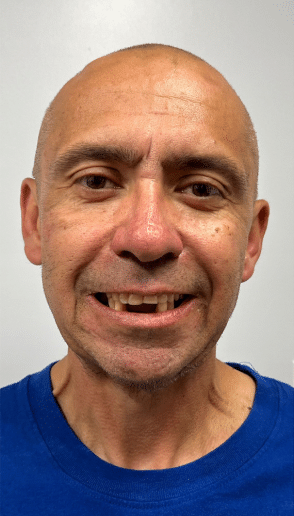







What Our Patients Say
See what other patients are saying about us.
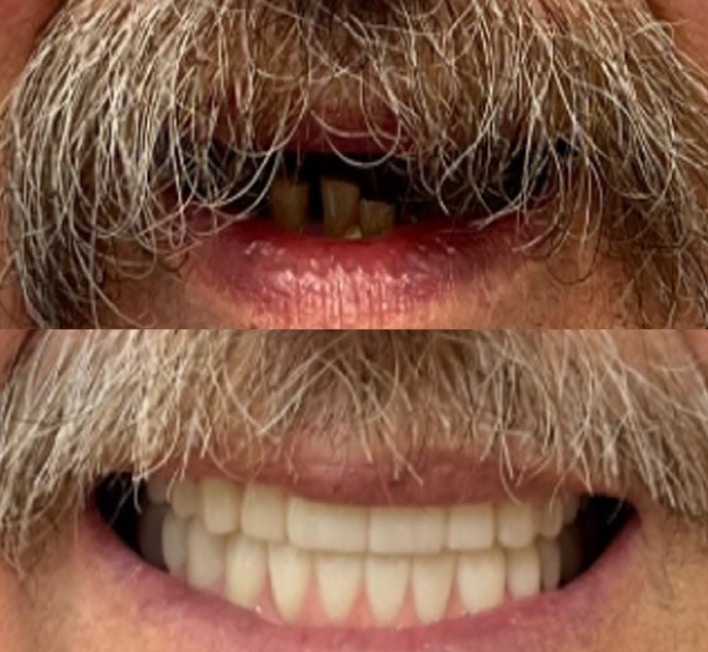
Every patient deserves a healthy, beautiful smile
We believe every patient deserves a healthy, beautiful smile, and we work hard to make that happen for you.



